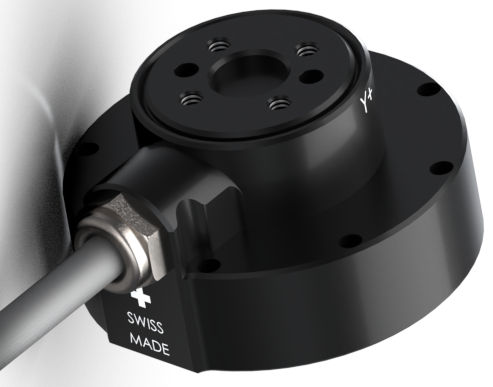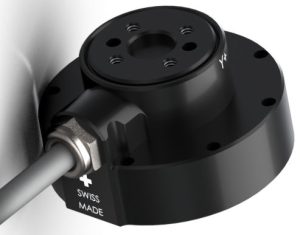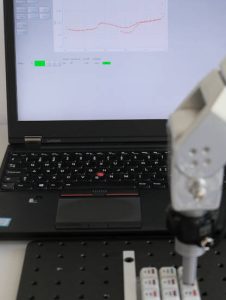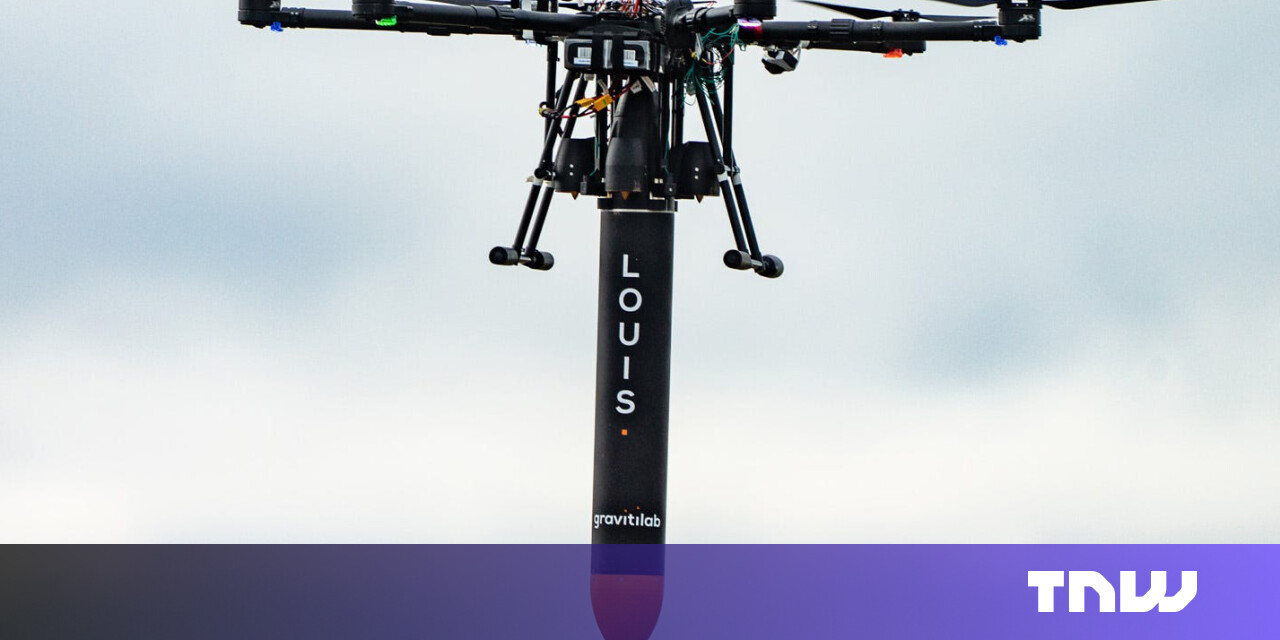
MiniOne Pro EtherCAT measures x, y and z force up to 50N with 35mN (21mN for z) noise-free resolution at 100Hz, and torque up to 1Nm with 0.4mNm (0.3mNm for z) resolution.
To this, and internal inertial measurement unit adds accelerometers and gyros.
Communication is through CANopen-over-EtherCAT and maximum sample rate is 2kHz.
Operation is from 9 to 28V (1.5W) and over 0 to 55°C, and it measures 48mm in diameter, 26.2mm high and ~62g in weight.
For those wanting a simpler unit, which is the same size and slightly lighter, MiniONE Pro Serial swaps EtherCAT for an RS422/USB interface and does away with the accelerometers and gyros. Force and torque sensors range is the same, but resolution is not quite as good.
Maximum sample rate is reduced to 800Hz, and power is 5V only (1W).
Measuring the force profile of a key switch
“Integrating this sensor is seamless, as it is already plug-and-play compatible with popular small-scale industrial robots such as the Yaskawa MotoMini and the Mecademic Meca500,” according to Bota. “It finds applications in the watch industry for re-assembly of small parts, micro-polishing, and button and product testing. Its versatility allows for testing of keyboards with different responses and accurate measurement of mechanical resistance for each button.”
Software integration is supported with TwinCAT, ROS, LabVIEW and MATLAB.
Bota will show MiniOne Pro at at Automatica in Munich next week (27-30 June). The company is sharing stand B4.302 with Next.robotics.








